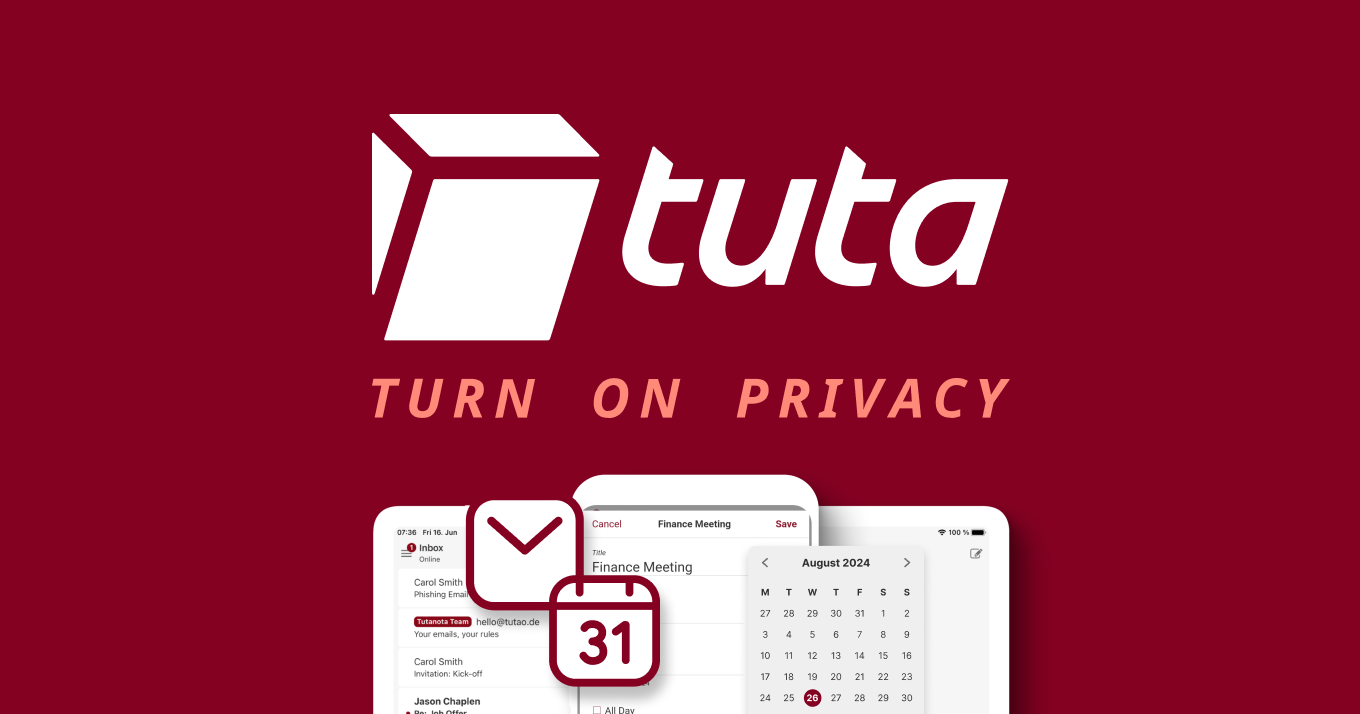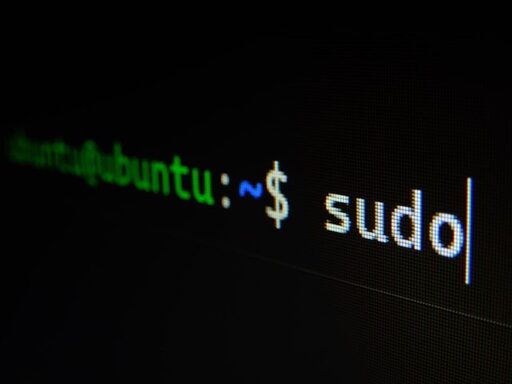

I understand your desire to be charitable or tempered, but this isn’t some random schmuck who made an oopsie and reused a password from a previous database hack.
This idiot has his dumb fingers in vital government systems, and the fact that he didn’t clean up his security profile before wreaking havoc says a lot about his ability to do his job safely. Thus, I think it is justified to point out the fact that he’s stupid and can’t get his security together, and your charitability is wasted on someone like him.










It’s how the US got Trump. The “Trump Train” was a meme, first.